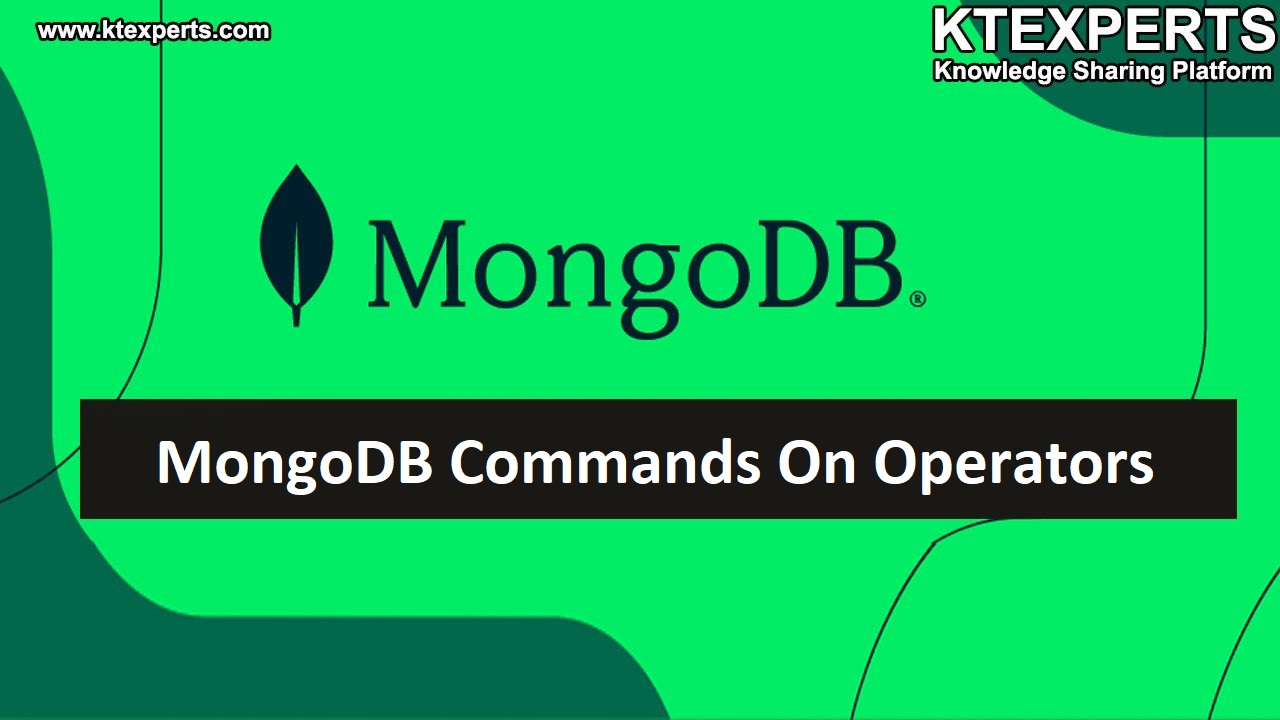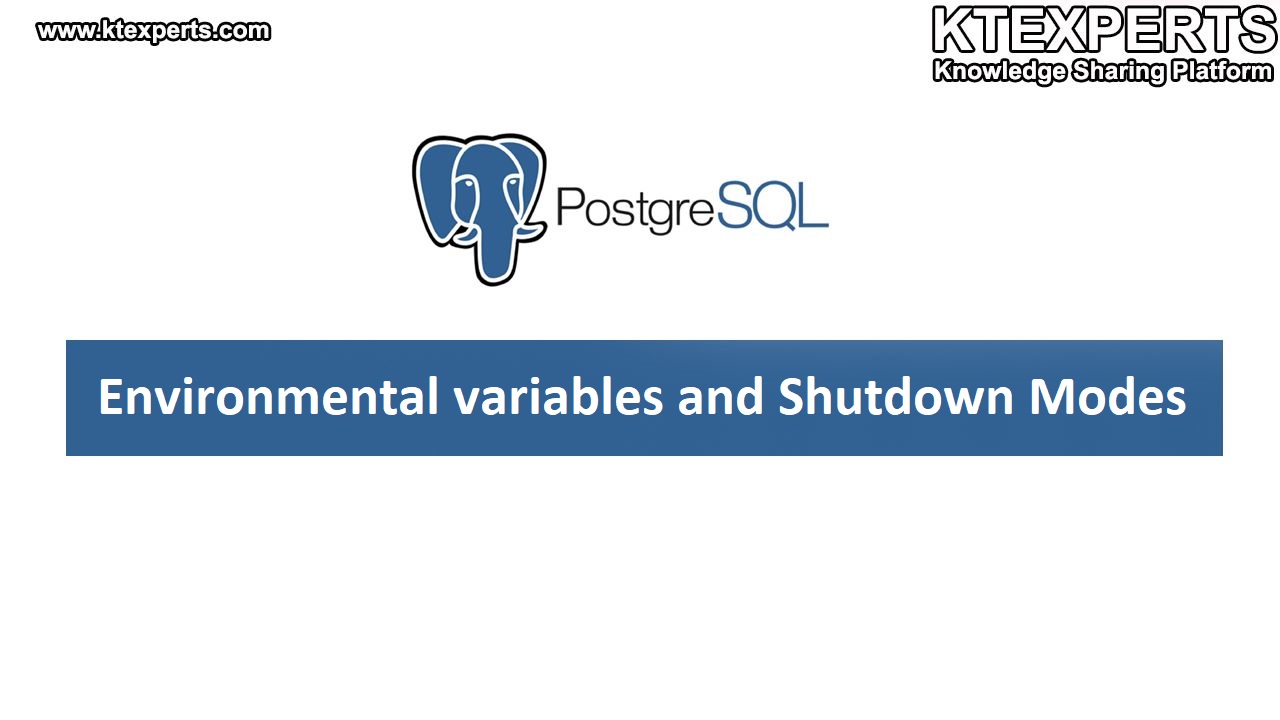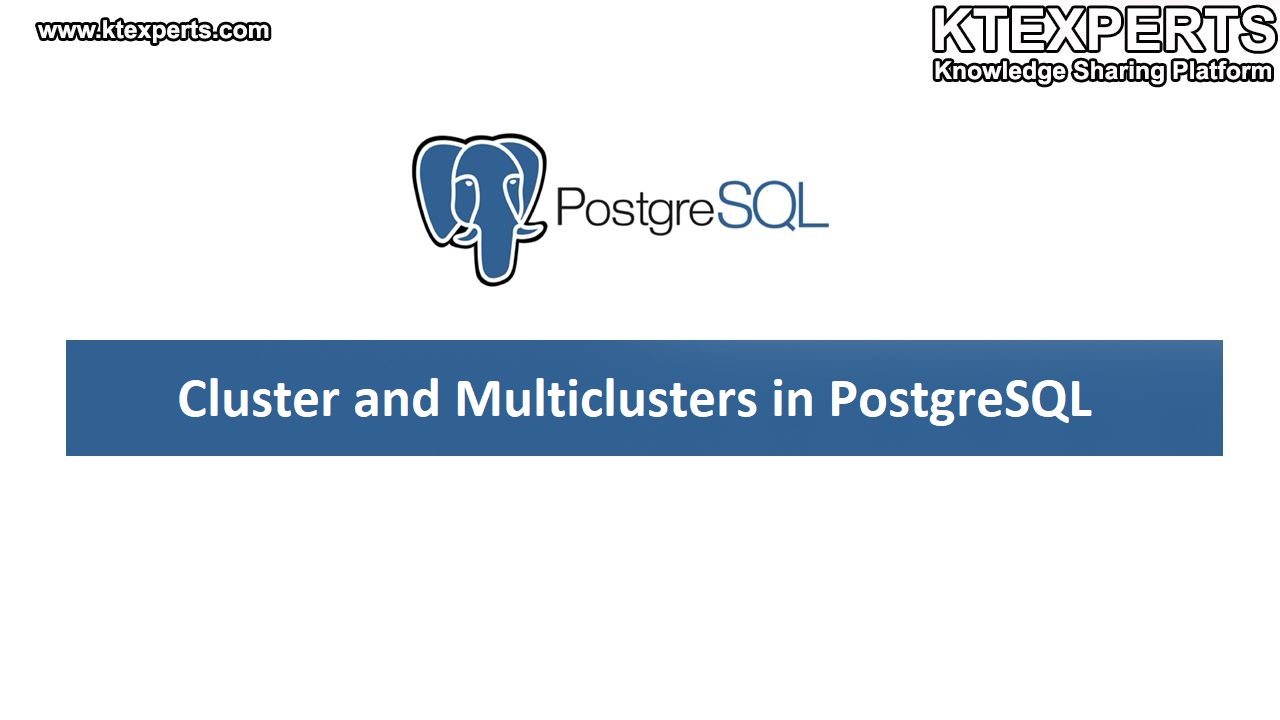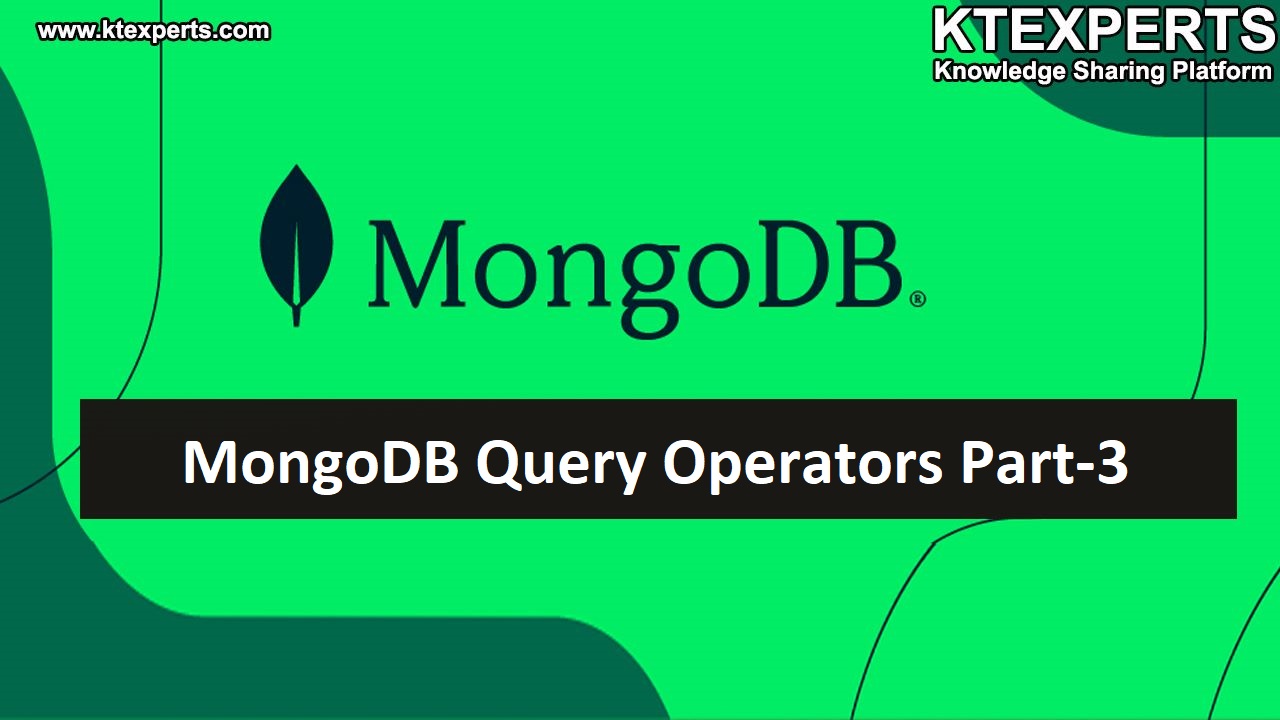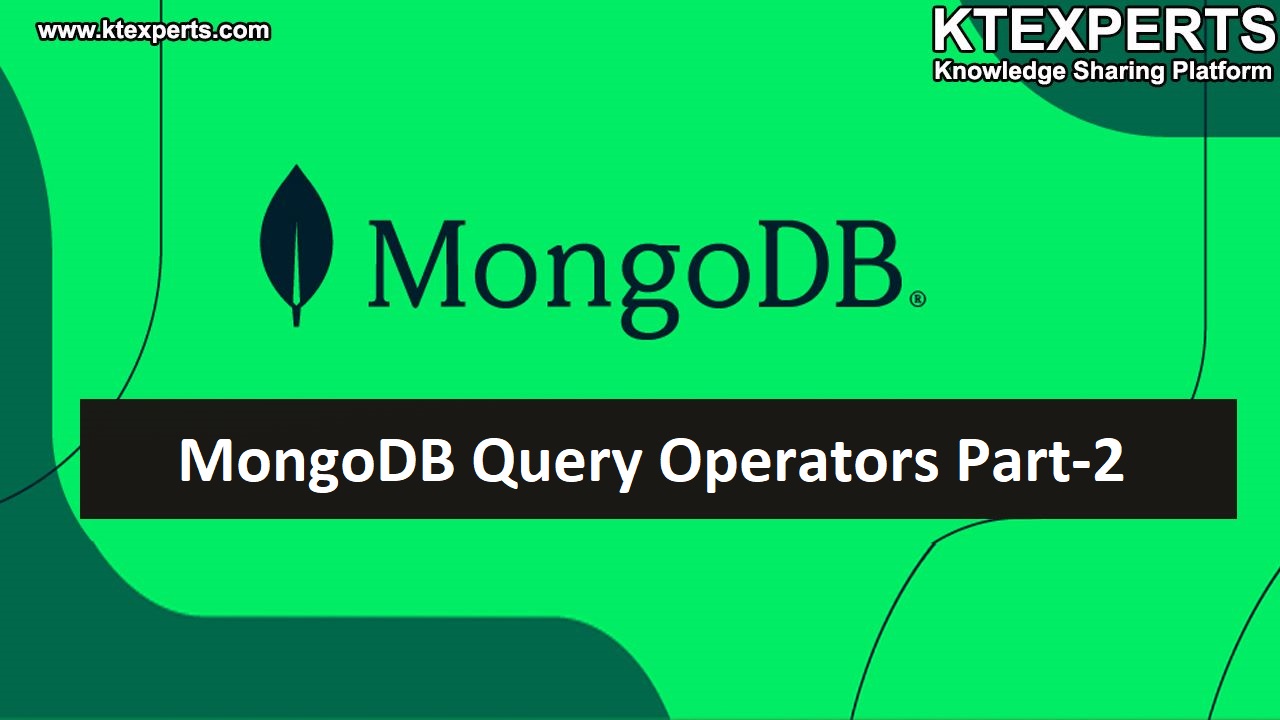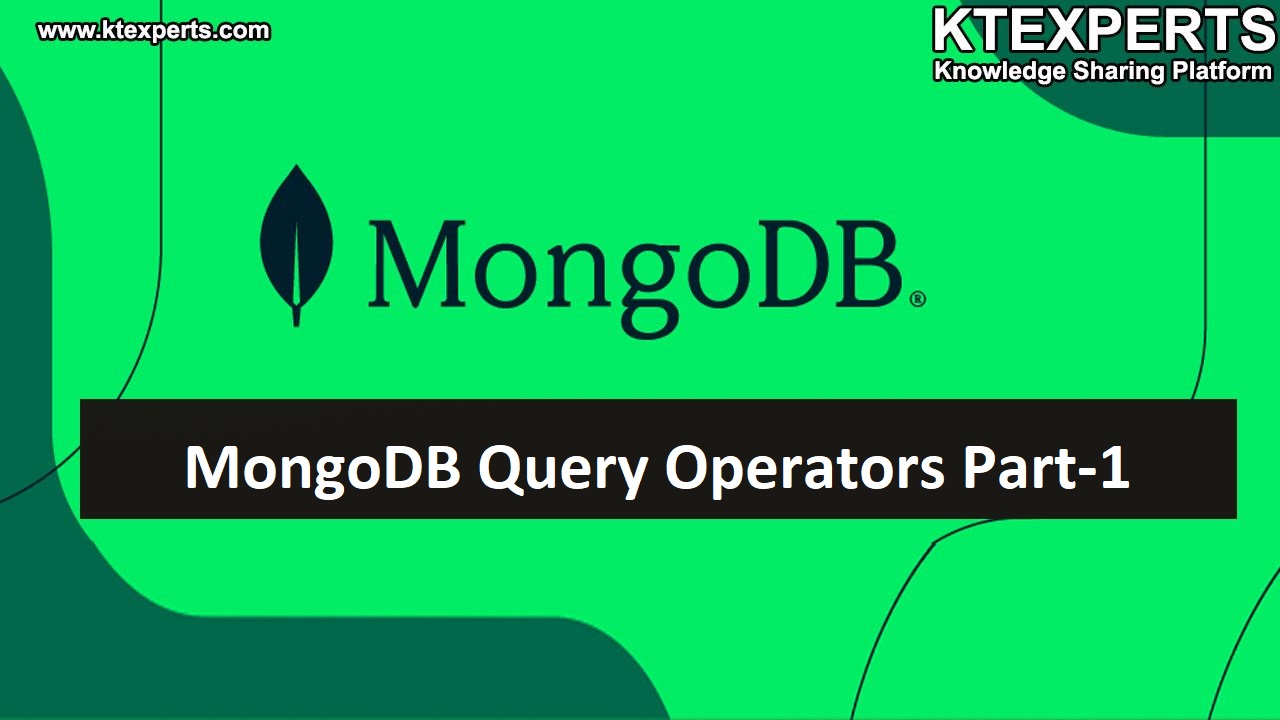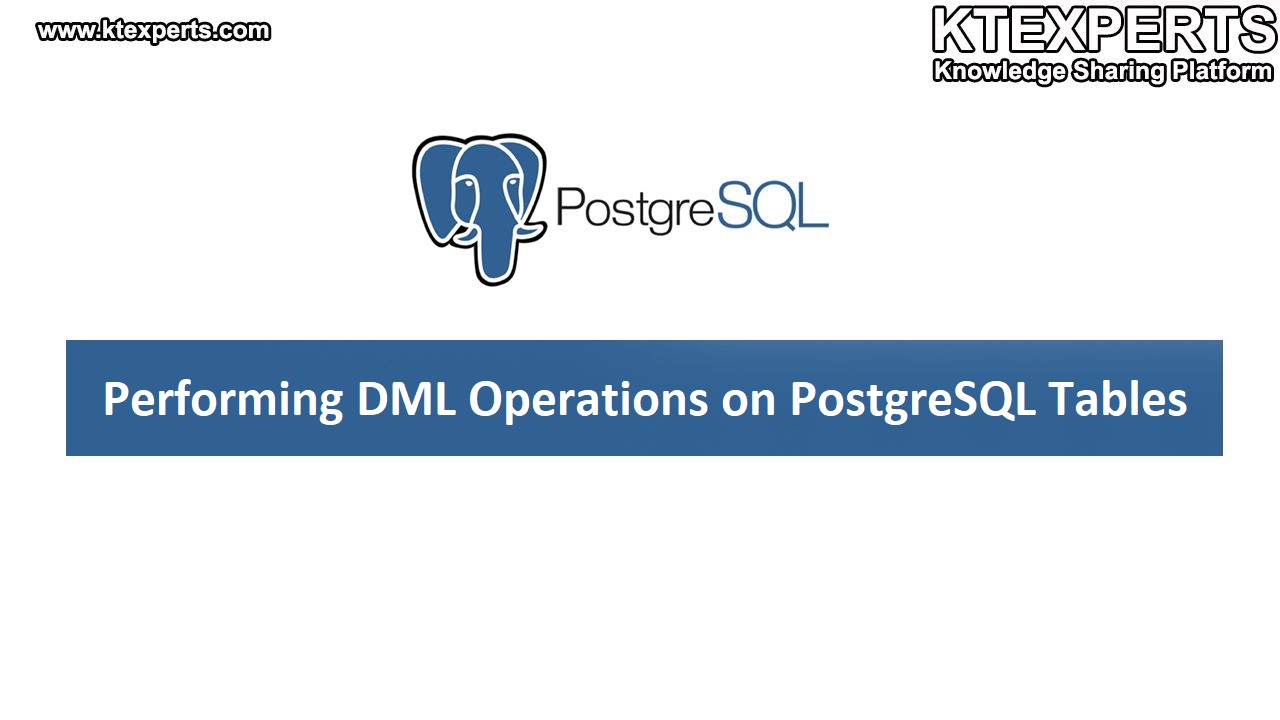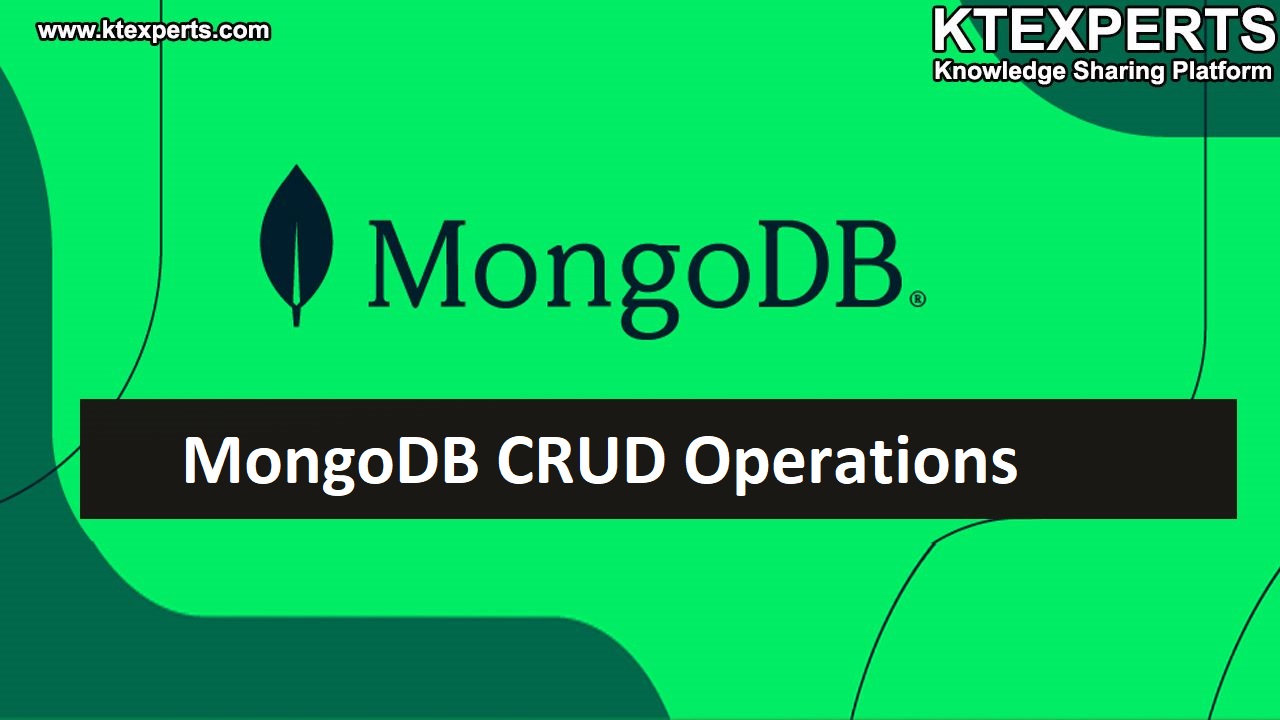MongoDB Commands On Operators
MongoDB Commands On Operators To create a collection called student data.
|
1 |
Atlas atlas-dsrabt-shard-0 [primary] practisedata> db.createCollection("studentdata") |
To get all the documents in a collection called student data without any filter.
|
1 |
Atlas atlas-dsrabt-shard-0 [primary] practisedata> db.studentdata.find() |
To get all the documents whose total marks is equals to 560.
|
1 |
Atlas atlas-dsrabt-shard-0 [primary] practisedata> db.studentdata.find({totalmarks:{$eq:560}}) |
To get all the documents… Read More

